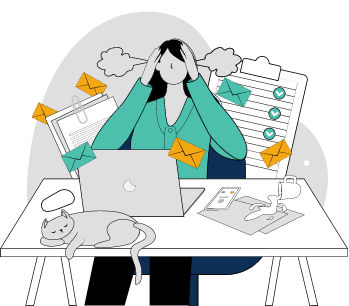Listen to this episode
On this episode
In this episode, we hear from the expert in conflict management and mediation, Jane Gunn. She discusses important tips to keep in mind in order to host great meetings. Jane also shares some practical conflict management tips and how to make decisions that you and your team agree on.
Episode transcript
Dr Rachel Morris: Do you ever dread going to a particular meeting because of the toxic atmosphere? Do you feel like many of the meetings you attend just sap your energy and can be done and dusted in half the time? Until you know that there are issues in the room, which have been swept under the carpet and left unsaid but are actually running the show. In this episode, Jane Gunn, friend of the show, lawyer, and the Barefoot Mediator returns to the podcast to talk about conflicts in meetings and how to make them, well, just better. We…










